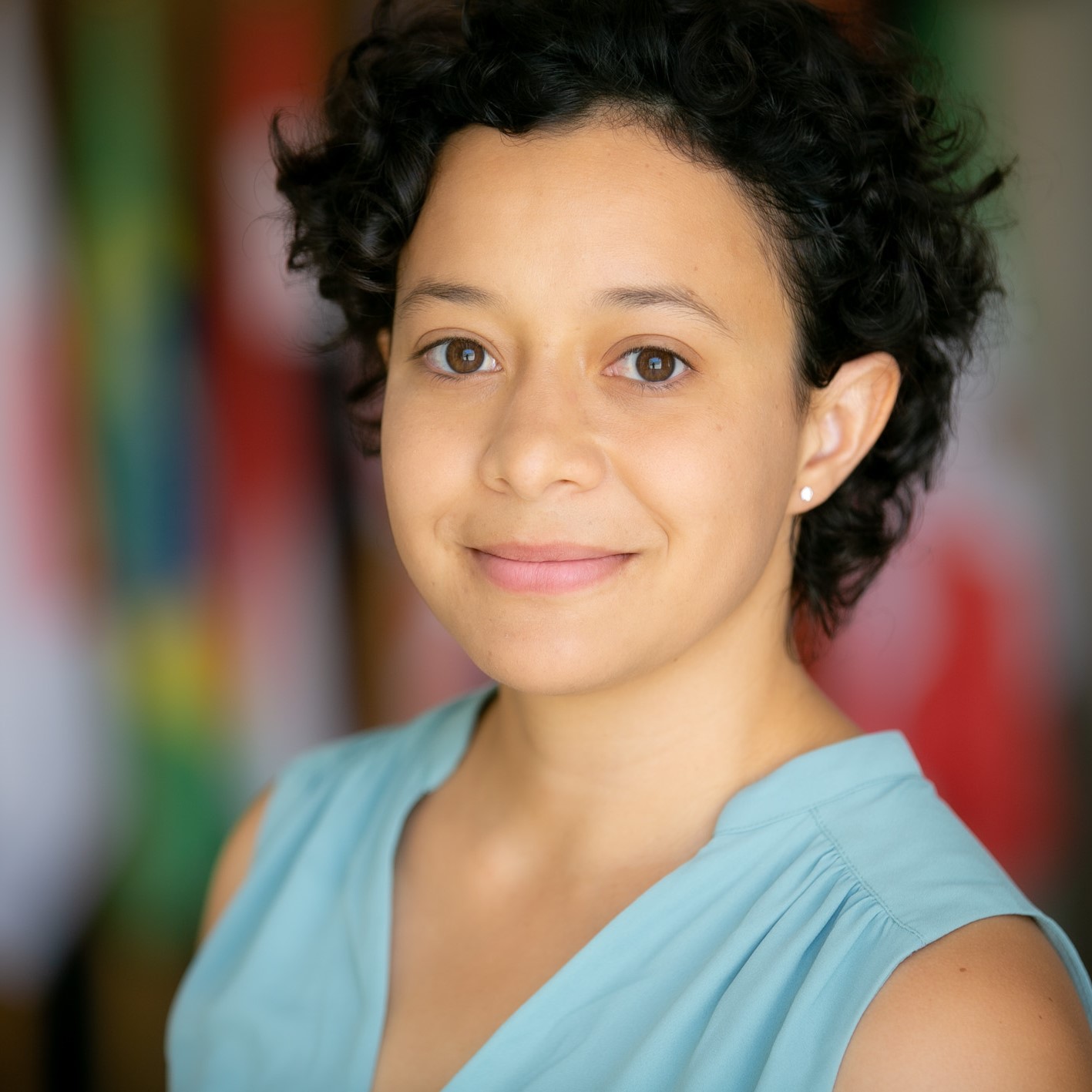Why do I look for other ways of doing research?
Published:
A brief explanation of my quest for learning to do transdisciplinary research that results into actionable research.
I love research; let’s make it clear before I start complaining about its methods. To me, research is a way of looking reality with different lenses. You observe and measure things, and frame them using different conceptual or theoretical frameworks. It is like a crazy puzzle! Imagine that you read a book about civil disobedience or revolution, and then you walk in the street and watch a demonstration; I can bet you that you wouldn’t perceive that protest as you would have done before reading the book. Actually, I can bet you that you will start doing connections between your reading and the reality, and a ton of questions will come to your mind. Well, that happens in my mind all the time. Research is a kind of obsession for me.
However, I hate some of the conventional research approaches. I am solely referring to research that is done in the field of (sustainable or economic or rural) development. In this field, we work closely with people that happens to be already vulnerable/poor/sick. And honestly, it is not as easy as you would think. People often distrust us (researchers) because, in the last years, there was a big flow of researchers coming to their communities, taking their information and knowledge and never coming back to show their results. Researchers literally stole their time (and sometime traditional knowledge if we consider research in the area of medicinal plants) for the sake of science and their publications. You may think that all this research was used to design policies and interventions to help them, and that is possible; but people in the field doesn’t perceive this connection.
Thus, when I go to do field research, I got a guilty feeling all the time. I start asking myself if it is fair to go to their houses and take one hour of their time to interview them (one hour that they would use to work in their agriculture system or feeding their animals). I also ask myself if my research would really make a meaningful, positive change in their life, or if research is just a selfish act of curiosity. And, finally, I also ask myself who gave me the right to do ‘research’ (my academic title? the courses that I have taken at school?) and who says that my knowledge is more valid that theirs.
All this questioning has make me consider other ways of making research. In the last Summer, I was very lucky of meeting my colleagues of the project Diversification strategies of smallholder coffee farmers in Chiapas Mexico. Thanks to them, and to other people in ECOSUR (especially Helda Morales), I have realized that there are alternatives to the standard way of doing research (please see this page). I am very grateful for all the learning that I have acquired in the last months, and I am waiting to learn more.
